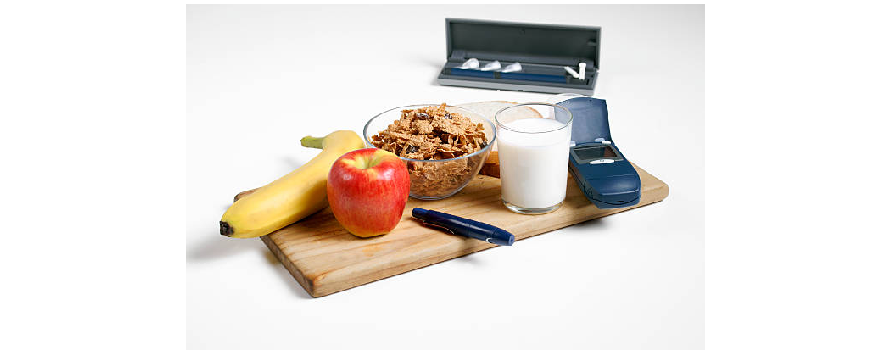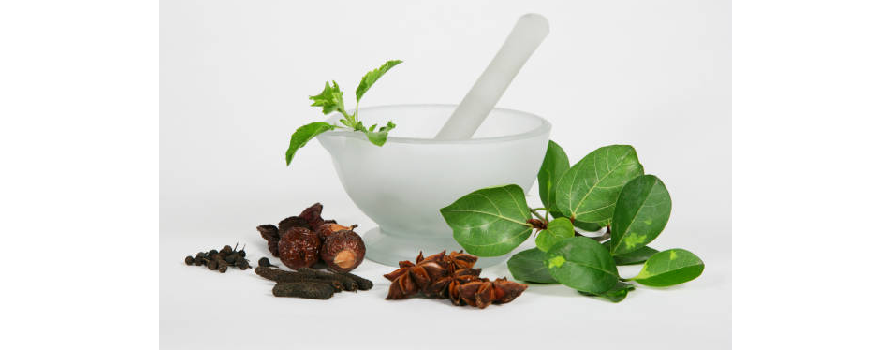There are numerous rumours circulating about wine being healthy. However, the amount of alcohol in the wine also affects the health factor. Furthermore, no medical facility will recommend a wine to non-drinkers only because grape skin or seeds contain antioxidants that can improve health.
Although there have been several studies and research projects on the advantages of wine, the subject of whether it is a healthy beverage is still up for debate. A lot of Ayurvedic practitioners suggest to drink wine according to ‘Doshas.’
Wine is superior to spirits for several reasons, one of which is that it is an agricultural product, according to a winemaker at Sula. Robert Joseph, a wine expert, however, suggests that wine drinkers always take a week or two off from drinking. You must be aware and in control of your body.
Wine was once thought to be an elixir for curing wounds, labour pains, and other illnesses in the ancient scriptures. With the advent of medical studies on alcoholism, the idea of wine as medicine was altered. Additionally, according to researchers, it helps reduce health risks—but only when taken in moderation because too much will damage your liver.
In Ayurveda, the “Doshas” – Vata, Pitta, and Kapha, define the biological properties of the human body. As a result, no two bodies are alike. Food and beverage choices can have a negative impact on the body’s Doshas, or functional units, which can have major health consequences.
Dry wine should be avoided by those with this constitution because it tends to enhance Vayu and Pitta. Instead, choose a sweet wine or combine it with fruits because doing so will help to lessen the adverse effects. Dry wine should be avoided by those with this constitution because it tends to enhance Vayu and Pitta. Instead, choose a sweet wine or combine it with fruits because doing so will help to lessen the adverse effects. Kapha constitutions should avoid sweet wine because it can exacerbate Kapha; instead, they can drink dry wine or combine it with roasted chickpeas or other pulses to counteract the effect.
Wine has some health benefits, but it should be avoided in summer and hot climatic conditions. Our practitioner at
Birla Ayurveda suggests avoiding oily food and curd while drinking wine
.
Women absorb alcohol more quickly than males do because they have less water in their systems. After a long day at work, a glass of wine for women and two for men wouldn’t do any harm. Wine is healthy for the body and the mind.
Wine is regarded as a medicine in Ayurveda, which suggests that it should only be consumed seldom. Due to its diuretic properties, wine usually produces a heated, drying effect on the body. Depending on your Dosha, you should follow the following ayurvedic norms:
- Vata: If you want to avoid consuming too much air in your diet, choose non-carbonated wine. Don’t drink champagne or Moscato. Instead, choose a flat, sweeter wine. Choose a plum or a sweet red wine.
- Pitta: The Pitta person must drink wine with caution, if at all, as they are already heated and dry-natured. To help with digestion, aim for 2-4 ounces of wine with each meal, as tolerated. Reduce or stop drinking if you experience reflux symptoms, cheek flushing, or an increase in body temperature. Select astringent or bitter wines, like a dry chardonnay.
- Kapha: The sometimes slow Kapha digestive tract benefits from red wine as a beverage. Red wine’s warmth may aid in igniting the digestive fire and drying up extra bodily moisture.
Keep in mind that the typical Ayurvedic glass of wine is 2-4 oz., which is less than the USDA Dietary Guidelines’ 5 oz. serving. Any further wine drinking has the potential to diminish your Ojas or innate vital life energy. Be aware of your general energy level and sense of well-being. Drink less or none at all if your preferred beverage does not make you feel better.
In conclusion, be aware of your own Gunas (qualities), such as dryness, heat, and coldness. then use that same lens to see the food you are about to eat. Just keep in mind that like attracts like. Instead of an unwanted poison that throws you into an imbalance, let the wine be a component of the meal’s chemistry to nourish you. An occasional glass of wine is not harmful. It depends, so keep that in mind to determine when to sip your wine.



